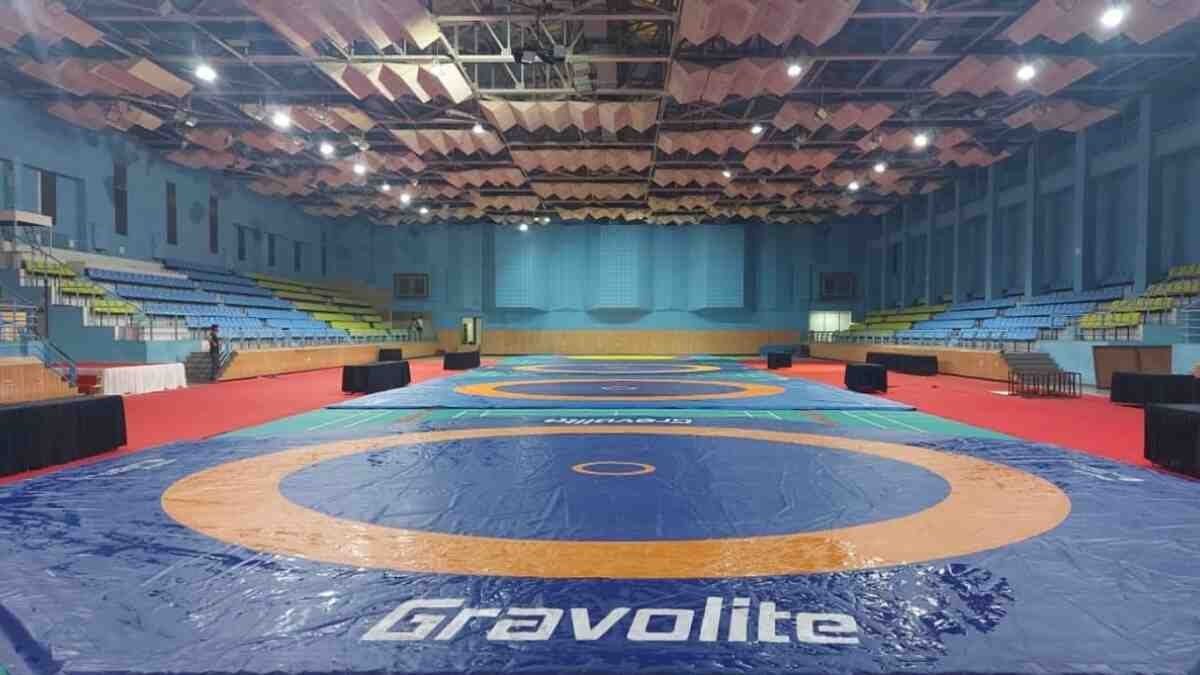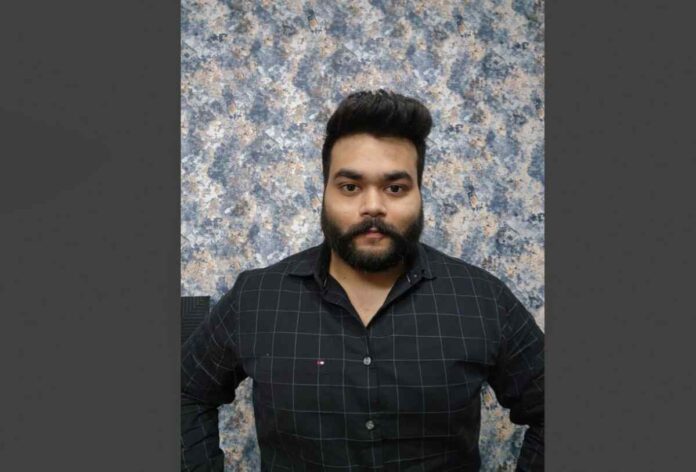Authored by – Paras Maheshwari (Director, Gravolite)
Celebrities, both homegrown and international, have played a significant role in popularizing yoga, showcasing its benefits not only in their personal lives but also in their workspaces. While yoga has long been practiced by the common masses, its widespread adoption by celebrities has brought it into the spotlight, inspiring millions to embrace this ancient discipline. Most work spaces these days are defined by demanding schedules and erratic work hours, yoga has proven to be a powerful tool for maintaining physical health, mental balance, and emotional resilience.
Thus, the benefits of incorporating simple yoga poses and breathing techniques into your workday are undeniable. These practices alleviate stress and enhance focus, productivity, and overall well-being and are easy-to-learn techniques that can be practiced right at your desk.
Seated Mountain Pose (Sukhasana): In this pose one has to sit upright with your legs crossed comfortably. Lengthen your spine and relax your shoulders. Close your eyes and focus on your breath.

Seated Forward Fold (Paschimottanasana): From Sukhasana (the previous yoga pose), slowly fold forward, hinging at the hips. Reach for your toes or ankles, keeping your back straight. Hold this pose for a few breaths, releasing tension in your spine.
Child’s Pose (Balasana): in this pose one has to kneel on the floor, bringing your big toes together. Sit back on your heels and fold forward, resting your forehead on the floor. Extend your arms forward or alongside your body.
Cow-Cat Pose (Marjaryasana-Bitilasana): Start on your hands and knees, with your wrists directly under your shoulders and your knees under your hips. Inhale as you arch your back, lifting your head and tailbone. Exhale as you round your spine, tucking your chin to your chest.
Seated Spinal Twist (Ardha Matsyendrasana): For this pose one has to sit upright with your legs extended in front of you. Bend your right knee and place your right foot flat on the floor, next to your left thigh. Twist your torso to the right, placing your right hand on the floor behind you. Bring your left arm behind your back and clasp your hands together.
Yoga also integrates mindful breathing techniques that can be practiced anywhere, including your work space. Some of these techniques are;
Diaphragmatic Breathing: Place one hand on your chest and the other on your belly.Inhale deeply through your nose, filling your belly with air. Exhale slowly through your mouth, releasing the air completely.
Alternate Nostril Breathing (Nadi Shodhana): Close your right nostril with your right thumb. Inhale deeply through your left nostril. Close your left nostril with your right ring finger and exhale through your right nostril. Inhale through your right nostril. Close your right nostril and exhale through your left nostril. Continue this cycle for a few minutes.
Many work places these days have something called a quiet room where people can relax, rest or meditate. However, if such facilities are not available at your work space then you can always find a cosy, quiet corner to practice yoga or the breathing techniques that have been mentioned.
Setting a schedule to dedicate a specific time each day for your practice, even if it’s just for a few minutes will be important.one can begin with a few simple poses and breathing exercises, gradually increasing the duration and complexity as you become more comfortable.
Practicing yoga poses throughout the day, such as stretching at your desk or taking a few deep breaths before a meeting will always be beneficial. You can also consider using yoga mats, blocks, and straps to support your practice and enhance your comfort.
Work-related stress has become a universal concern, sparing hardly any sector or profession. Reports of burnout and mental health struggles are on the rise, highlighting the urgent need for effective stress management strategies. Yoga, combined with simple breathing techniques, emerges as a powerful solution to this growing challenge. By promoting physical vitality and mental equilibrium, these practices not only offer immediate relief from stress but also lay the foundation for lasting well-being.

